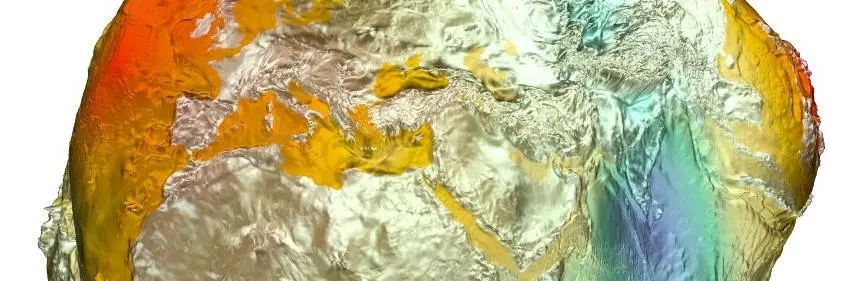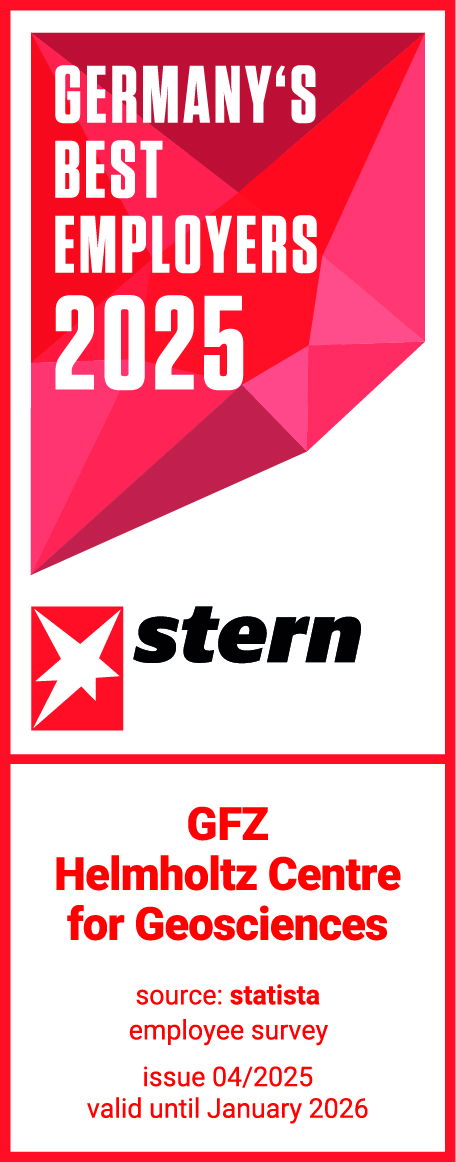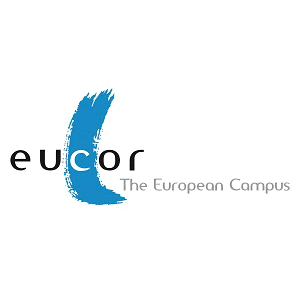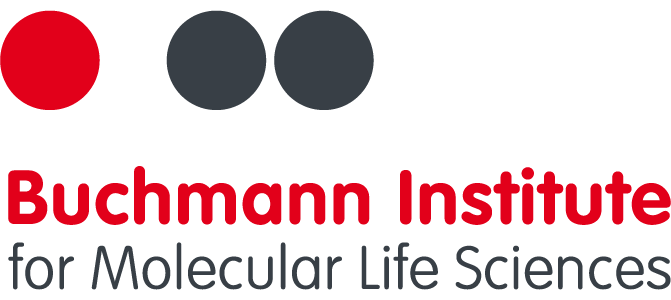Start a new search to find your next professional challenge or gain valuable information about exciting employers.

PhD candidates (f_m_x) in Seismology GFZ Helmholtz-Zentrum für Geoforschung


PhD candidates (f_m_x) in Seismology
Reference Number 10900
The Priority Program DEFORM of the German Research Foundation is funding multi-disciplinary research into the Adriatic Plate and its plate boundaries. The project represents the German contribution to the international AdriaArray initiative, a seismic array encompassing ~1500 seismic stations with 64 contributing institutions. Within this project, we are also operating a high-density seismic array (“Large-N array”) in western Greece and southern Albania encompassing nearly 800 sites, straddling the boundary between continental and oceanic subduction. This region carries the signature of a vibrant geodynamic history and shows different deformation styles in close vicinity. The section for seismology at GFZ offers two PhD projects within this programme: Project 1: Seismological imaging of attenuation and scattering in the circum-Adriatic region We investigate the attenuation and scattering properties of the crust in the wider Adriatic region. You will employ scattering theory to separate the effects of wave scattering and anelastic attenuation on seismic wave propagation. You will use state-of-the-art inversion techniques to image the spatial distribution of subsurface heterogeneity to illuminate the imprint of past and present deformation. Project 2: Generation and analysis of a high-quality seismic catalogue in Greece and Albania with Deep Learning We leverage the data from the Large-N seismic array as well as an offshore fibre-optic cable, which is being interrogated with Distributed Acoustic Sensing (DAS), to derive a catalogue of the seismicity in the area at unprecedented resolution. Leveraging and improving state-of-the-art machine learning techniques, template matching and other techniques, you will derive a high precision catalogue of seismic activity down to very small magnitudes and analyse statistical patterns in order to understand how large-scale deformation is resolved onto faults in a region of diffuse deformation. Your responsibilities:Both projects:
- Study of relevant scientific literature
- Analysis of seismological data from earthquakes and/or ambient seismic noise
- Interpretation of your results in terms of geodynamic implications
- Present at international conferences and interdisciplinary workshops within the SPP DEFORM and the AdriaArray project
- Publish in peer-reviewed scientific journals
- Participate in seismological fieldwork (optional)
- Adapt and implement numerical simulation codes for seismic energy propagation in heterogeneous media using radiative transfer theory
- Generate regional models of attenuation and heterogeneity using advanced seismic imaging
- Interact with project partners to integrate observations into the known deformation history
- Adapt and apply machine learning techniques for the detection and location of earthquakes of different sizes in Greece
- Interact with geologists and geodesists to understand the deformation budget and how it interacts with structural controls
- Improve the methodological approaches to the requirements of the data set
 Your qualifications:
Your qualifications:
- (at start of employment): MSc in geophysics, physics or computer science/mathematics or related disciplines
- Experience in the analysis of seismological data
- Programming in Python
- Project 2: (preferred) Knowledge of machine learning, or experience in processing large datasets or experience with the analysis of local seismicity
- Fluency in English, both oral and written
What we offer:
- Ambitious and varied tasks in a dynamic and international research environment
- Public service benefits
- Professional career advice offered by our in-house Career-Centre
- Flexible working hours and conditions
- Institute day-care centre on site
- Workplace within walking distance of Potsdam central train station, or just a short ride on the shuttle bus
Additional actions
About the employer
GFZ Helmholtz Centre for Geosciences

GFZ Helmholtz Centre for Geosciences
The GFZ is Germany’s national center for research on the solid Earth. We advance the understanding of dynamic processes to address global challenges—ranging from mitigating the impacts of natural hazards and preserving our environment in times of global change to the responsible management of natural resources. We are a member of the Helmholtz Association, Germany’s largest scientific organization. With approximately 1,200 staff and around 500 visiting researchers, we contribute to the Helmholtz research area “Earth and Environment,” combining cutting-edge research with societal relevance and international collaboration.
Our work integrates multidisciplinary studies of Earth’s systems and leverages advanced technologies and infrastructures to explore solutions and bring our knowledge into society. We do all this in line with our vision: “In tune with the Earth—to preserve it as a habitable planet.”
Benefits
Receive similar jobs by e-mail?
Subscribe to our job mail!
Similar Jobs

Eucor - The European Campus

Helmholtz-Zentrum hereon GmbH - Geesthacht

Goethe-Universität Frankfurt am Main - Buchmann Institute for Molecular Life Sciences
